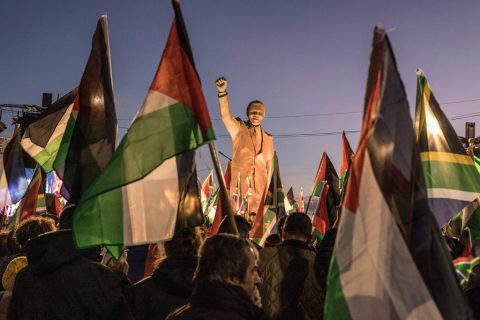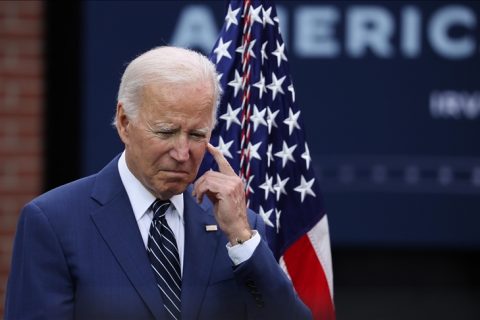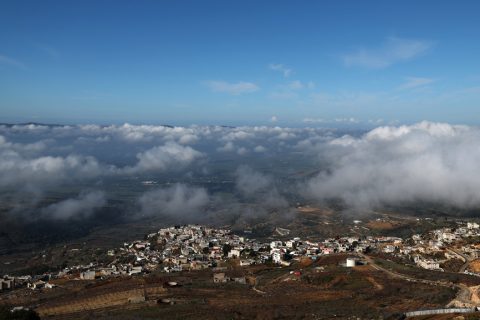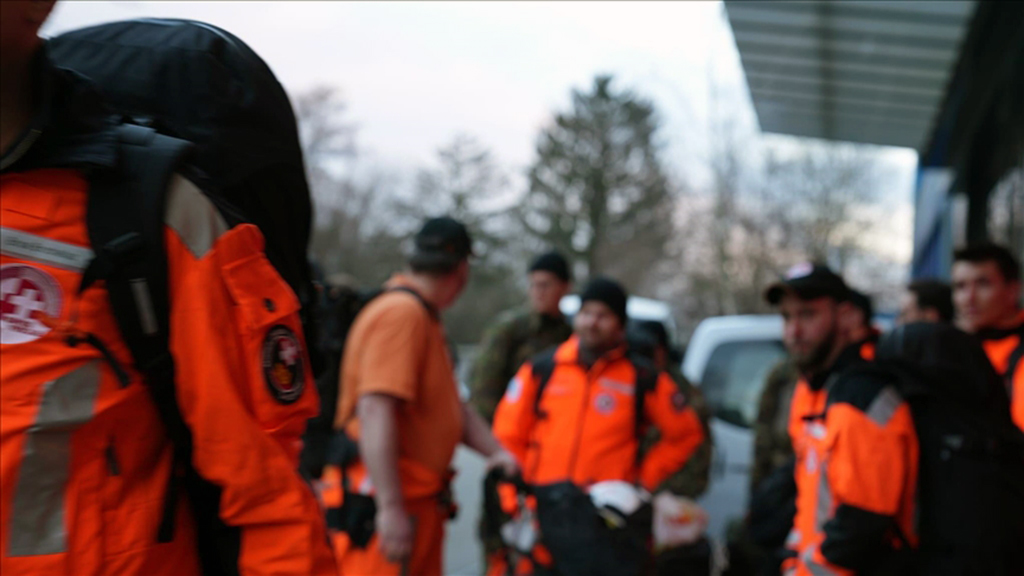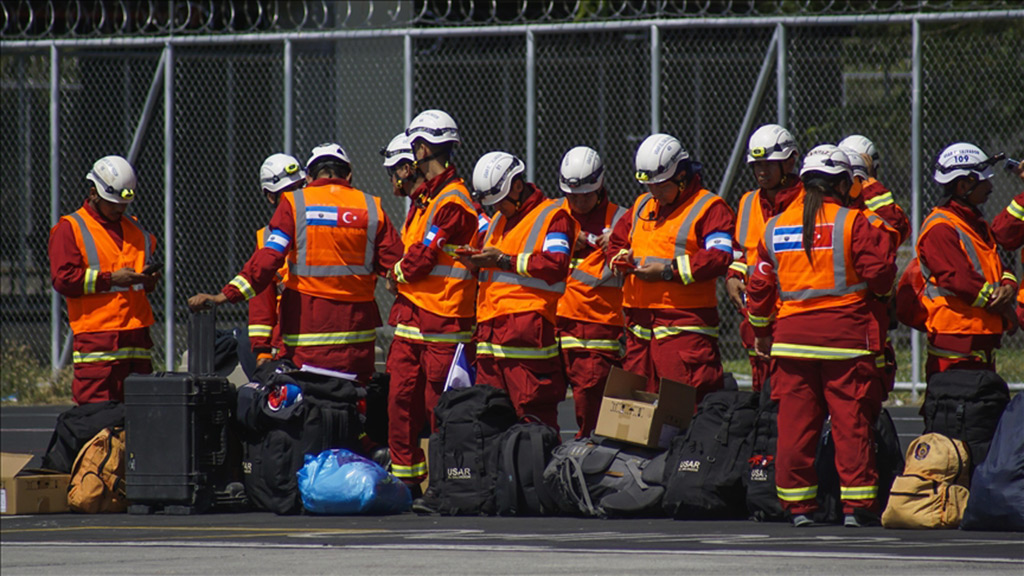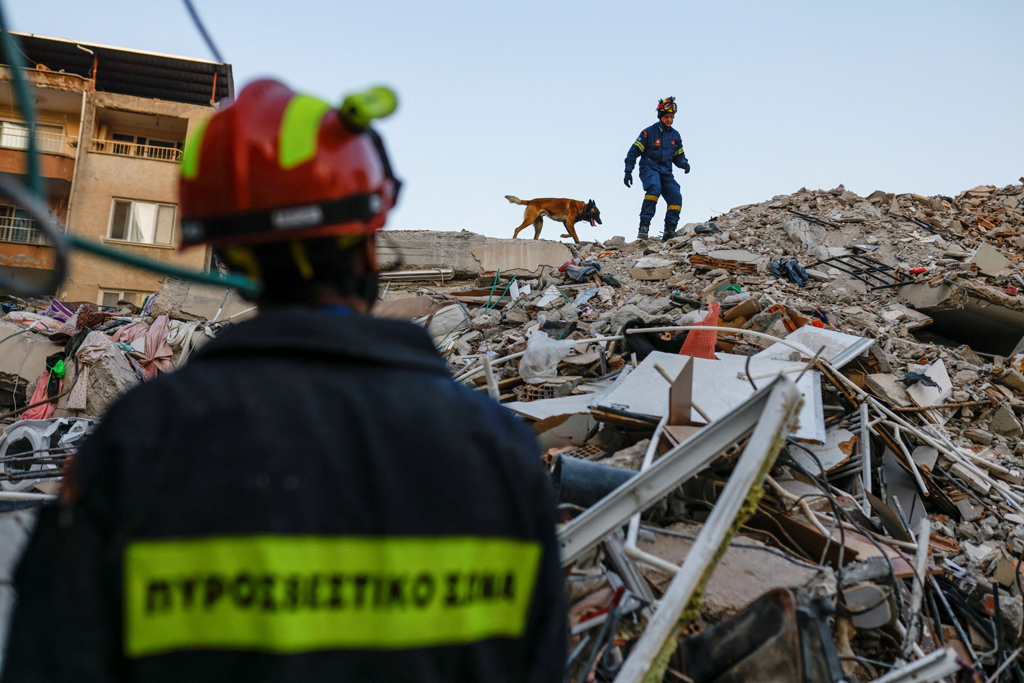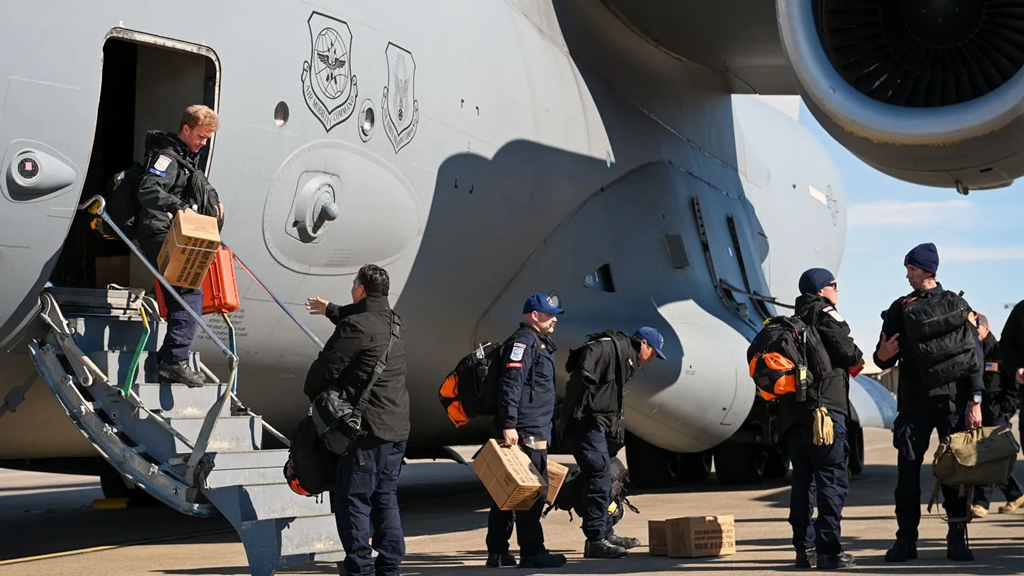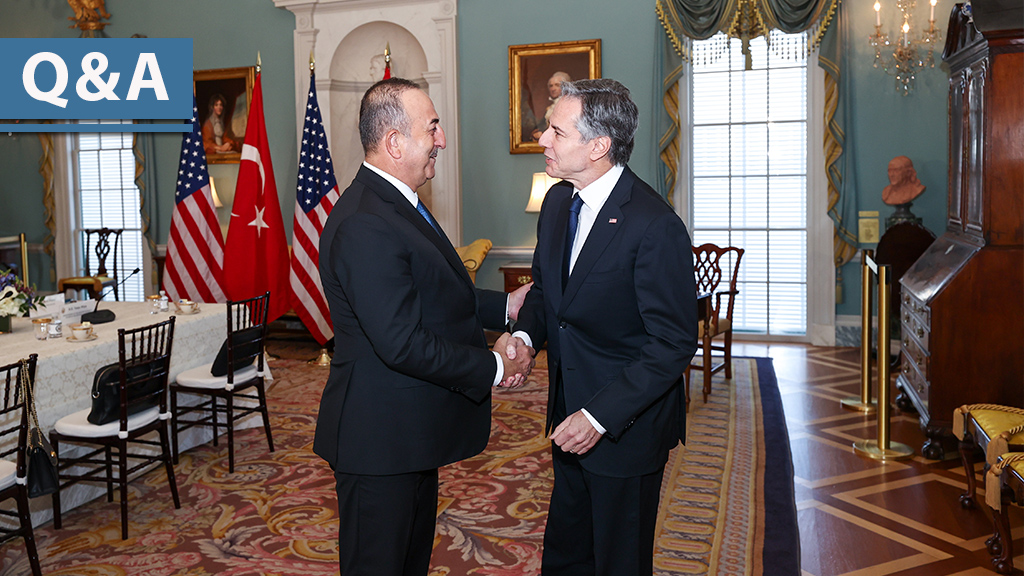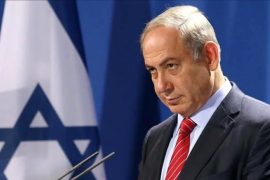Antony Blinken
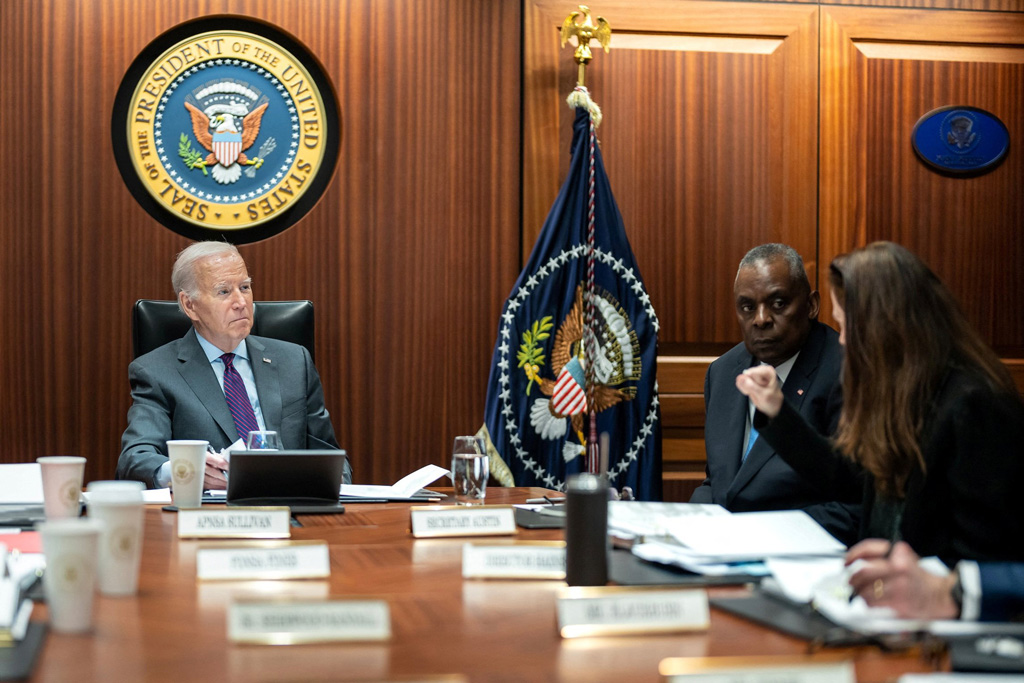
‘Ready to explode’ Middle East and the U.S.
| OpinionU.S. Secretary of State Antony Blinken visits the Middle East this weekend for the fifth …
-
Opinion
Airstrikes in Red Sea and South Africa’s ICJ genocide case
By Burhanettin DuranAs Israel stands accused of genocide in The Hague, the Israeli-Palestinian conflict spreads to the broader region. On Thursday, the United States and the United Kingdom bombed 72 targets in Yemen, retaliating against Houthi attacks on commercial vessels heading to Israel via the Red Sea to protest the Gaza massacre.
-
Opinion
Biden’s election dilemma: navigating the Israel question
By Kadir ÜstünPresident Biden's message during his visit to a church in the state of South Carolina and the reactions of some protesters seemed like a summary of the dilemma he will face in preparing for the presidential elections. In 2015, a perpetrator advocating white supremacy killed 9 black citizens who came to the church for worship, a message that was discussed in the public eye as a result of Trump's message on the eve of the 2016 presidential elections. By starting his 2024 campaign with a visit to this church, Biden tried to show that black votes would be critical. By making a reference to Trump's expressions about immigrants 'poisoning' the country's blood, he conveyed the message that the real 'poison' is the idea of white supremacy. The messages given to the political electorate in South Carolina, a critical state that brought Biden to candidacy in 2016, stand out as an effort to reach out to black voters, which will play a critical role in the upcoming election.
-
Opinion
Who benefits from controlled proxy conflict?
By Burhanettin DuranThe Middle East rang in the new year with assassinations and terror attacks. Saleh al-Arouri, the deputy leader of Hamas' political bureau, was assassinated in Beirut last Tuesday. The following day, two bombings in Kirman, Iran (for which Daesh has claimed responsibility) killed 103 people. As those attacks shifted everyone’s attention to Israel, Iran and Hezbollah pledged to exact “revenge and a heavy price.”
Bu Konuda Daha Fazla
-
Will the Earthquakes Lead to Change in Foreign Policy?
By Muhittin AtamanIt is necessary to uphold the sense of solidarity, which emerged among states after the earthquakes. Last but not least, one would hope that the humane way of thinking can triumph over the idea of interest and exploitation in international relations. This is a time to focus on moral values and solidarity – not realpolitik.
-
Türkiye’s Call for International Assistance and the International Community’s...
By Yücel Acer By Deniz OkumuşNatural disasters, wars, and economic collapse tend to seriously undermine social order and make it impossible to address even people’s most basic needs. During such periods, it becomes difficult for communities to feed themselves, find shelter, receive medical attention, relocate, and communicate with others. Individuals and communities have provided emergency assistance to such individuals, without expecting anything in return, to address basic needs like food, shelter, and medical treatment throughout history.
-
Diplomacy at work: Türkiye’s post-earthquake foreign policy
By Burhanettin DuranAs the recent natural disaster activates ties with Türkiye, it is necessary to use 'earthquake diplomacy' to reduce tensions and improve bilateral relations
-
Türkiye quakes: The spirit of solidarity should continue
By Muhittin AtamanIn the aftermath of the twin quakes in Türkiye, we see that some states are trying to help beyond their capacities, while others are a little below par
-
Q&A: Turkish Foreign Minister’s Visit to Washington
By Kadir ÜstünWhat is the background and significance of the Turkish foreign minister’s visit to Washington? What are the differences and similarities between the two countries’ Ukraine policies? Will the U.S. sell F-16s to Türkiye? What is Türkiye’s position on Finland and Sweden’s NATO membership? What is Washington’s view on Türkiye’s engagement with the Syrian regime?
